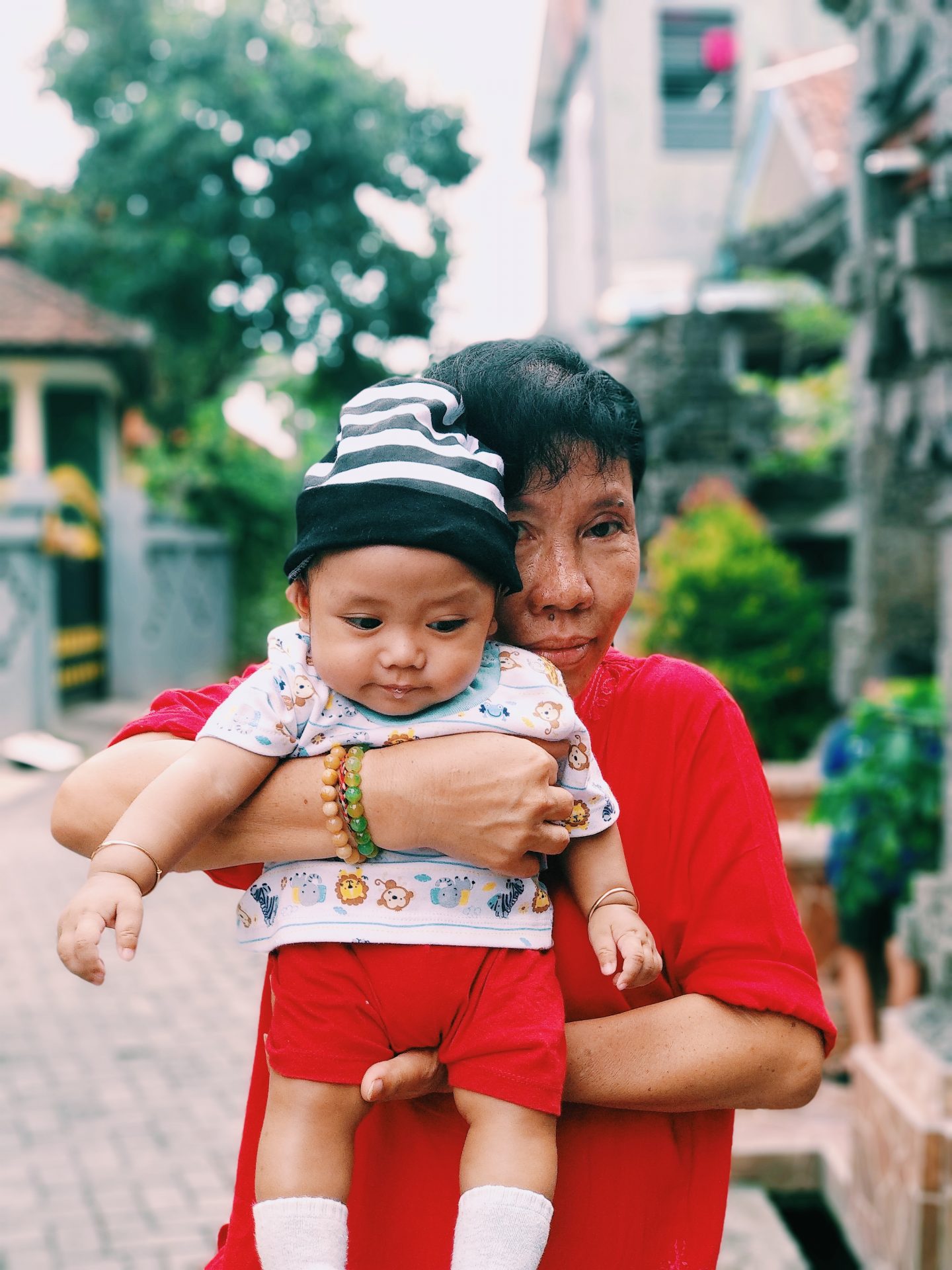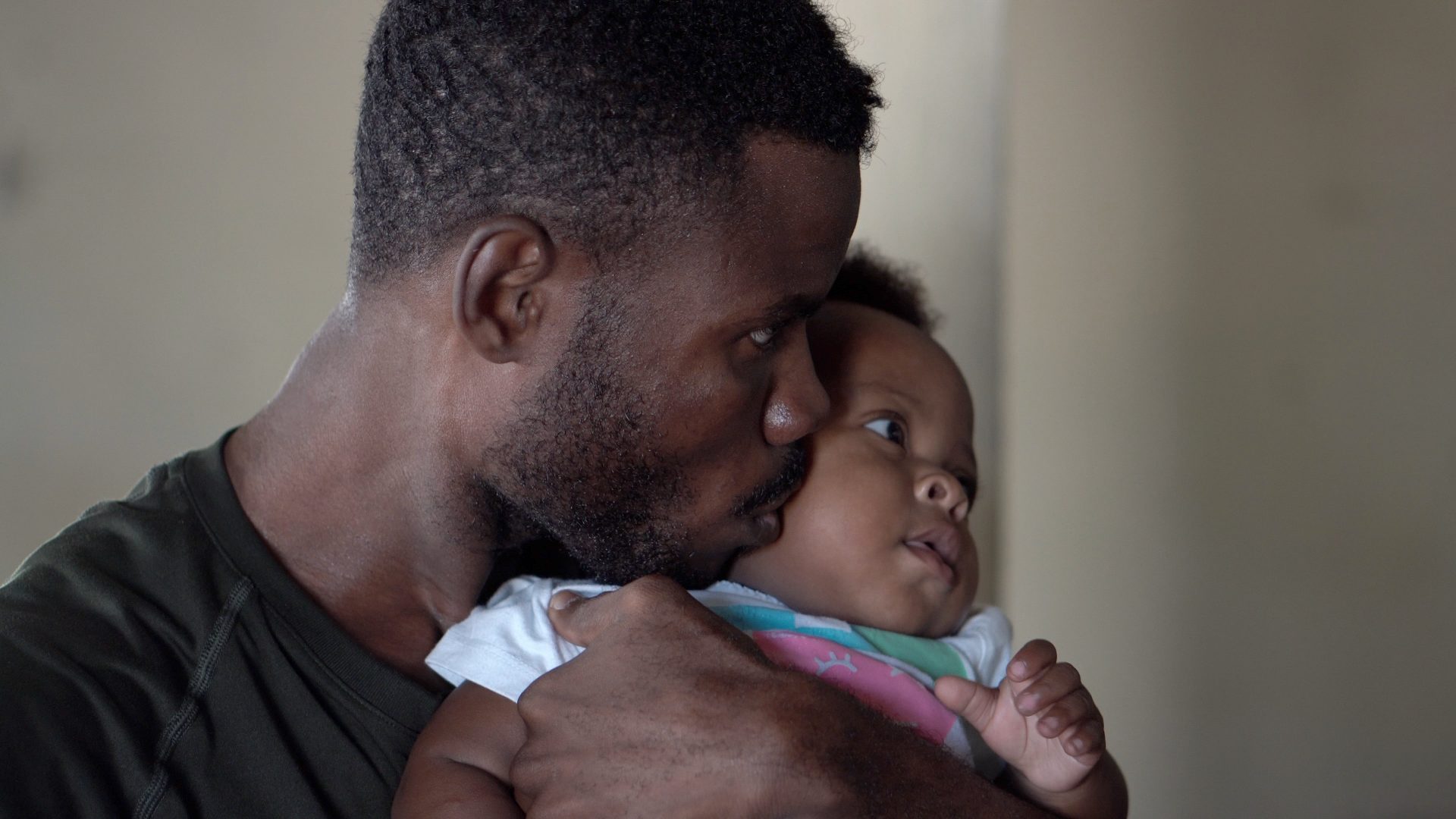- Gender must be incorporated into maternal, newborn, and child health (MNCH) services
- Includes examples of transformative approaches to address the structural norms that subject women to barriers to MNCH services
- Further evidence is provided on the need to address the effect of norms on the healthcare sector, and how this serves as an obstacle for women both serving within and trying to access these MNCH resources
Many prior and current efforts focus on maternal and infant mortality outcomes, and while a great process has been made, gendered risk factors affect aspects of maternal and child health across one’s life course. Initiatives for certain populations like adolescents are sparse, as are gender-transformative programs for certain services such as post-partum family planning.

By altering inequitable norms that shape and reinforce gender inequalities, transformative interventions have greater potential to catalyse sustainable shifts in behaviours and attitudes.
Gender plays an important role in MNCH services across one’s life course hence, mortality cannot be the only analysed outcome. In future MNCH planning, a life-course approach should be adopted, focusing on morbidity as well as mortality. Approaches should include participatory learning and aim to be gender-intentional, if not gender-transformative. Longitudinal measures resulting from these programs should also be collected, assessing more than just individual behavioural indicators.
MNCH programs should take a gender-transformative approach, to help tackle the structural issues that cascade to affect women’s access to, and outcomes in, MNCH.
Useful strategies may include participatory women’s groups and male engagement, but further evidence is needed to understand how to make these efforts empowering and gender transformative.
To best serve women within MNCH, a gender lens must be applied to the health system so that providers may provide optimal care and avoid attitudinal barriers against women receiving MNCH services.
There is a current lack of programming to serve adolescents, including both future mothers and fathers, which must be addressed.





